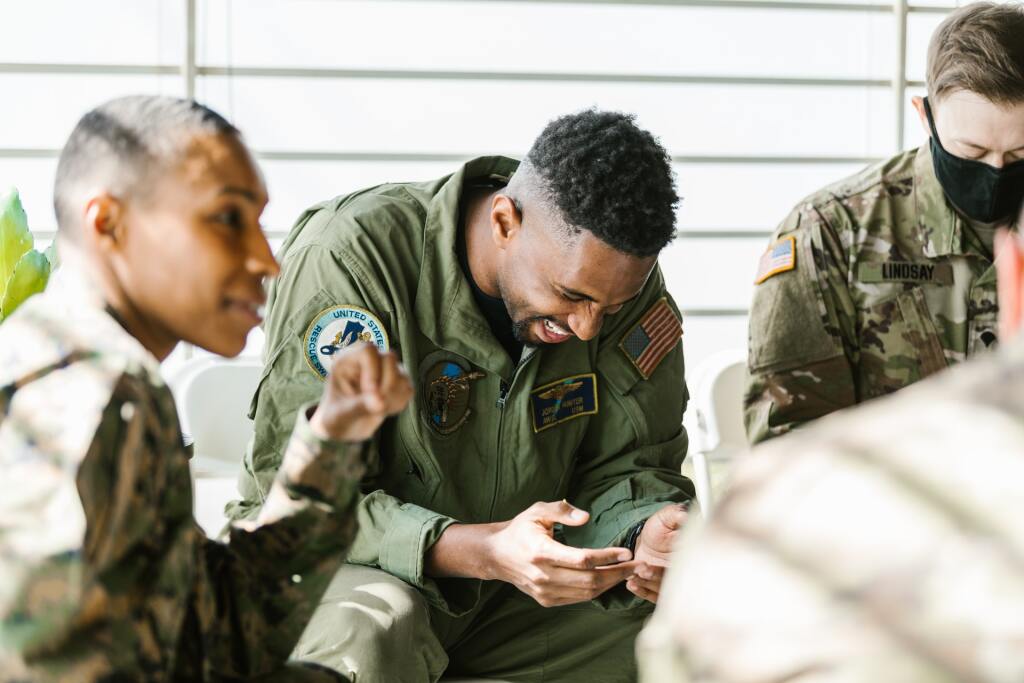The GI Bill — which helps veterans and their family members pay for some or all of the costs of college or trade school — is not so much a “thank you” to vets, but rather a way to help them retransition into civilian life. Yet, even at schools with the highest veteran enrollment rates, data shows that just one in five veterans ends up graduating. This news should not discourage you from enrolling as a veteran but instead encourage you to make a back-to-school plan that will boost your odds of success.
Understand Challenges Unique to Veterans
Veterans can face unexpected challenges at college or university. While every veteran’s situation is unique, the three most common roadblocks to veteran students’ success are time management, expense, and acclimation.
Many veterans overestimate their ability to handle a full course load on top of a full- or part-time job. Military life, in which time is managed for them, does not prepare vets for college life, in which independent time management is crucial to success. Moreover, even with the GI Bill, many veteran students must take on full-time, minimum-wage jobs to make ends meet, making scheduling even harder.
Veteran students often struggle with acclimation to their new civilian life. It is not uncommon for vets to feel alone even among a sea of students, and to yearn for that camaraderie — and, yes, action — of their military days. These feelings of loneliness, compounded with the stress of simply being a student, can take a toll on veteran students’ health and affect their academic performance.
Strategize to Manage These Challenges
To come out ahead over these obstacles, veterans can do three things. First, acknowledge potential challenges and mentally prepare for them. Second, build a strong support system of trusted friends and family members and community resources. Third, look into military-friendly universities and colleges.
Veterans should also seriously consider online schooling. Online schools afford students flexibility and work-life balance that in-person schools can’t offer. This can allow veterans to hold part- or full-time jobs to help bridge the gap between the GI Bill and other income sources and lessen the feelings of social isolation.
Remember That the Benefits of a College Education Are Real
For many veteran students, the challenges of student life can become a deterrent to their success. To prevent said challenges from interfering with your success, remind yourself of the very real benefits of a college education. Focus on how you can get more and better job opportunities, training in a new field, and assistance with the transition into civilian life.
Have a Career Plan
Don’t just enroll in college for the sake of enrolling in college. Have a plan in place for your career goals and the degree you need to attain them. Though the sky may be the limit when it comes to career options, some degrees can better position you for success. For instance, an MBA program can help you develop or hone your strategic planning, accounting, marketing, or human capital management skills. With an MBA, you can become anything from a business administrator to a business manager or operations director.
Despite the GI Bill, many veterans struggle to obtain their college degrees. Knowing what to expect prior to enrolling and having a solid plan in place can help you overcome the challenges and succeed.

Image via Pexels

